Reportage
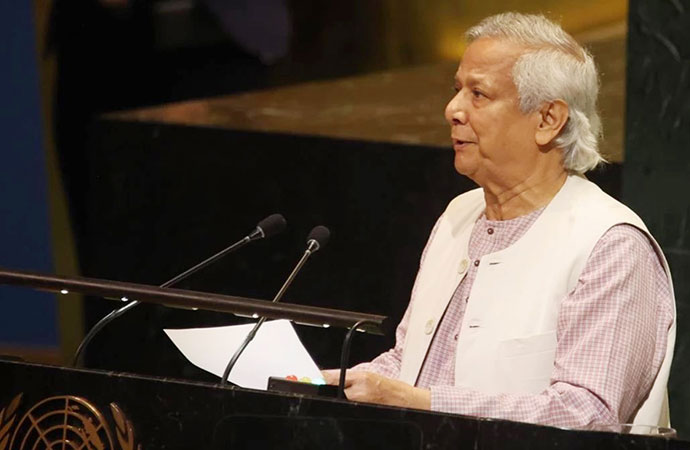
Chief Adviser Professor Muhammad Yunus. Photo: Collected
At UN conf, he proposes 7-point action by global community to resolve Rohingya crisis
Emphasising that a lasting solution must come from within Myanmar, Chief Adviser Prof Muhammad Yunus on Tuesday laid out a seven-point proposal for the international community, urging the development of a practical roadmap to ensure the safe and dignified repatriation of the Rohingya and the stabilisation of Rakhine State.
"Initiatives to end the crisis are lacking. International funding faces alarming shortfalls. The Rohingya crisis originated in Myanmar; its solution lies there," he said, adding that eight years since the genocide began, the plight of the Rohingya continues.
As funding declines, Prof Yunus said, the only peaceful option is to begin their repatriation.
"This will entail far fewer resources than continuing their international protection," he said, adding that the Rohingyas have consistently pronounced their desire to go back home.
The Chief Adviser made the remarks while speaking at the opening session of the high-level conference on the 'Situation of the Rohingya Muslims and Other Minorities in Myanmar' held on the sidelines of 80th United Nations General Assembly (UNGA) at the UNHQs.
Foreign Affairs Adviser Md Touhid Hossain, National Security Adviser Dr Khalilur Rahman, SDGs Affairs Principal Coordinator Lamiya Morshed, Bangladesh Permanent Representative to the UN Ambassador Salahuddin Noman Chowdhury, visiting political leaders- National Citizen Party (NCP) member secretary Akhter Hossen and first senior joint member secretary of National Citizen Party Dr Tasnim Jara Refugee Relief and Repatriation Commissioner (RRRC), Mr. Mohammed Mizanur Rahman were, among others present at the high-level conference held at the General Assembly Hall of the United Nations Headquarters.
Prof Yunus said the world cannot keep the Rohingya waiting any longer from returning home.
"Today, let us pledge to act together to resolve the crisis once and for all. Bangladesh stands ready to extend its full cooperation to this end," he said, drawing attention to the international community.
Prof Yunus called for exerting effective pressure on Myanmar and the Arakan Army to end violence against the Rohingya and start their sustainable repatriation, beginning with those who recently arrived in Bangladesh, and those who are internally displaced.
He urged the international community to mobilise international support to stabilise Rakhine and place international civilian presence to monitor stabilization;
Prof Yunus sought support for the confidence building measures for sustainable integration of the Rohingya in Rakhine society and governance.
He laid emphasis on mobilising donors' contribution to fully fund the Joint Response Plan.
Prof Yunus called for pursuing "accountability and restorative justice"; and to dismantle the narco-economy, and combat transboundary crimes.
He said the international community must put effective pressure on Myanmar and the Arakan Army to immediately stop persecution of the Rohingya, and start working for their expeditious repatriation to Rakhine.
"It is the only solution to the crisis. It should not be held hostage to broader reforms in Myanmar," Prof Yunus said.
As an immediate step, he said, those who recently crossed into Bangladesh escaping conflict must be allowed to repatriate.
Prof Yunus said Bangladesh is a victim of the crisis.
"We are forced to bear huge financial, social and environmental costs. Criminal activities, including narco-flows into Bangladesh through Rakhine, threaten our social fabric," he mentioned.
Given the developmental challenges including unemployment and poverty, Prof Yunus said they do not afford to allow employment of Rohingyas inside Bangladesh.
Representatives from at least 75 countries and organisations, including heads of state and government, participated in the conference.
The meeting aimed to sustain international attention, review the situation on the ground, and propose a concrete, time-bound plan for a sustainable resolution, including efforts to ensure the voluntary, safe, and dignified return of displaced communities.
The objectives of the UN-organised conference are also to mobilise political support, sustain international attention on the crisis, review the overall situation, and address its root causes, including human rights issues.
Turkey represented the Organization of Islamic Cooperation (OIC), while Kuwait represented the Gulf Cooperation Council (GCC) at the conference.
United Nations High Commissioner for Refugees Filippo Grandi, United Nations High Commissioner for Human Rights Volker Turk and Rohingya representatives also spoke.






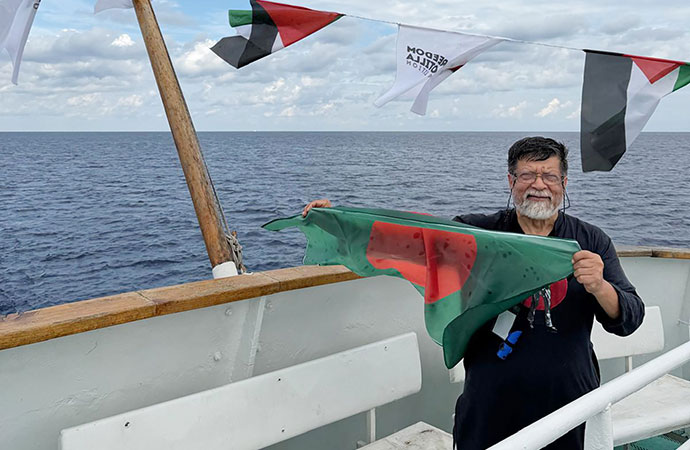
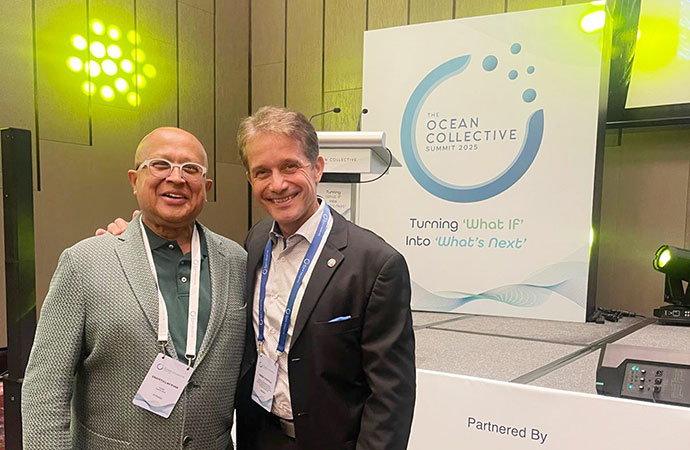
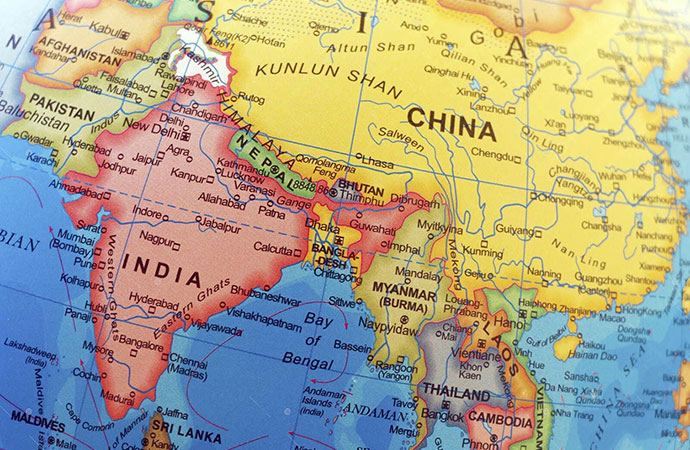
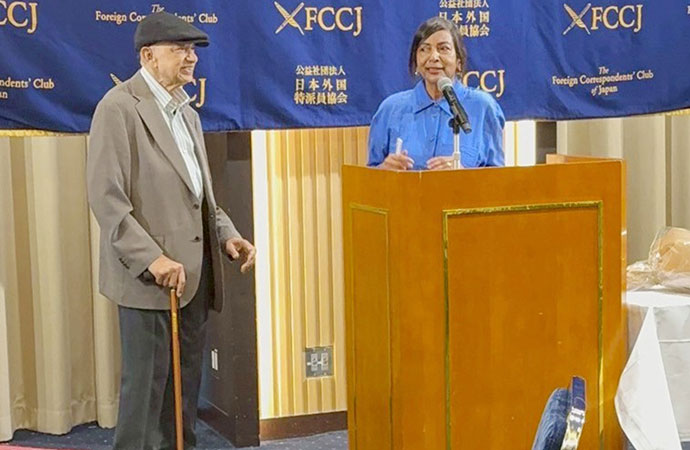
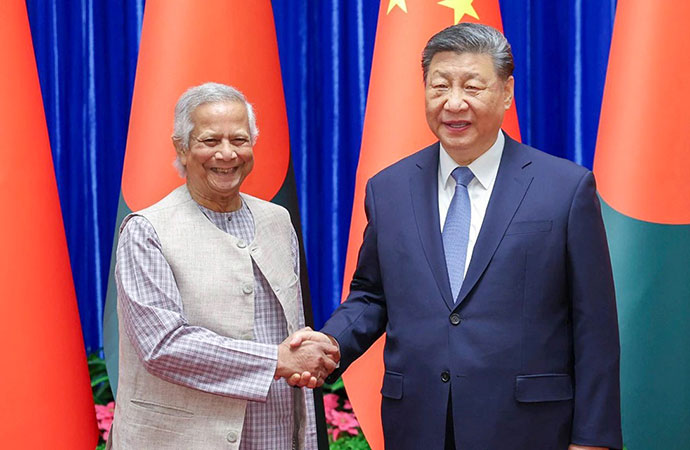



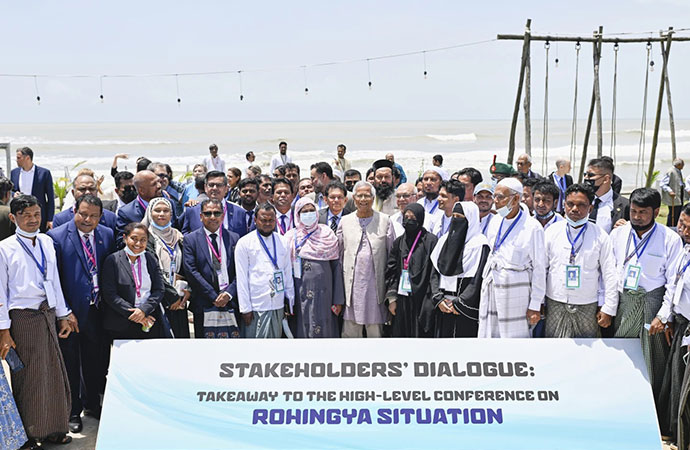
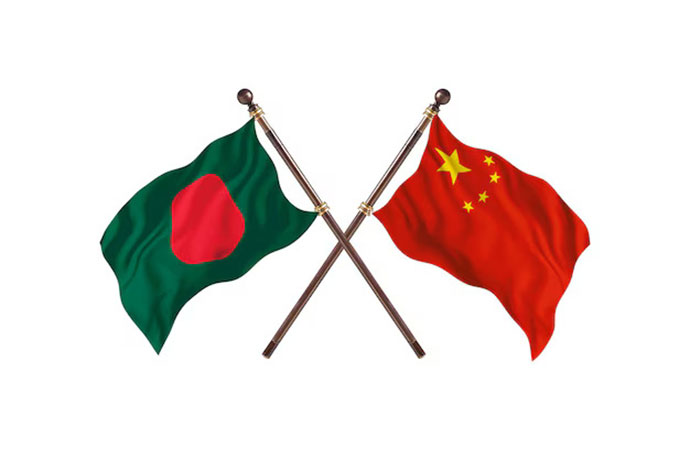









Leave a Comment
Recent Posts
Breakfast at Tiffany¡¯s
Breakfast at Tiffany’s is an Old Hollywood film, released in 196 ...
Kalidas Karmakar¡¯s ¡®Holy War¡¯ ...
Works of celebrated Bangladeshi masters, including Shilpacharya Zainul ...
All eyes on the Freedom Flotilla, as Shahidul Alam s ..
The disquiet in the Hills
Ocean Collective Summit 2025 Turning ¡®What If¡¯ into ..
Dhaka, Beijing should ¡®deepen strategic partnership¡¯ ..